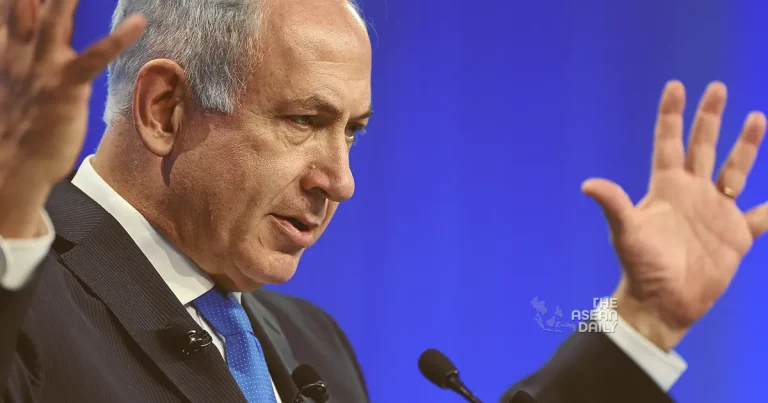1-5-2024 (TEL AVIV) Israeli Prime Minister Benjamin Netanyahu has confirmed his commitment to launching an assault on the southern Gaza city of Rafah, regardless of the response from Hamas regarding the latest ceasefire proposals. Despite growing expectations of a potential ceasefire agreement, Netanyahu stated that Israel would proceed with the operation in order to eliminate the remaining Hamas combat formations in Rafah and achieve “total victory.” The city of Rafah has been a focal point of the conflict, with over a million displaced Gaza Palestinians seeking shelter there.
Efforts to revive negotiations between Israel and Hamas have been spearheaded by Egypt, with hopes of reaching a ceasefire agreement. However, there has been little progress on the key point of contention—the Hamas demand for an Israeli troop withdrawal and a permanent end to Israeli operations in Gaza. International pressure for an agreement to end the war has intensified as the conflict approaches its seventh month, and US Secretary of State Antony Blinken recently arrived in Tel Aviv to facilitate discussions.
The potential assault on Rafah has drawn criticism from foreign officials, including French Foreign Minister Stephane Sejourne, who cautioned Netanyahu against pursuing the operation, stating that it would not resolve the situation. Meanwhile, Israeli officials have indicated that the operation could be postponed if Hamas accepts the proposed deal, which includes the return of 33 vulnerable hostages in exchange for a larger number of Palestinian prisoners and a temporary pause in the fighting.
Netanyahu’s decision-making process is influenced by divisions within his coalition Cabinet. Some ministers advocate for the safe return of Israeli hostages, while hardliners insist on carrying out the promised assault on remaining Hamas battalions in Rafah. The Israeli military has already begun mobilizing troops for the operation, should it proceed.
There are doubts, however, about whether the repeated threats of an impending operation are primarily a negotiation tactic to pressure Hamas. A US official, speaking on condition of anonymity, suggested that Netanyahu’s commitments may be aimed at applying pressure in the current context and questioned his long-term commitment to storming Rafah.
Netanyahu’s position is further complicated by the possibility of arrest warrants being issued by the International Criminal Court (ICC) against him and other senior Israeli leaders for alleged war crimes. While he dismissed the potential warrants as a scandal of “historic scale,” it has raised concerns in Israel and prompted the Foreign Minister to advise Israeli embassies abroad to enhance their security.
The ongoing conflict in Gaza has caused significant destruction and raised international alarm due to the risk of famine and the potential for a broader regional conflict. Israel’s military campaign has resulted in the deaths of at least 34,535 Palestinians, according to Gaza’s health ministry. The conflict began when Hamas-led gunmen breached the border on October 7, attacking nearby communities, killing approximately 1,200 Israelis and foreigners, and taking 253 individuals captive.




